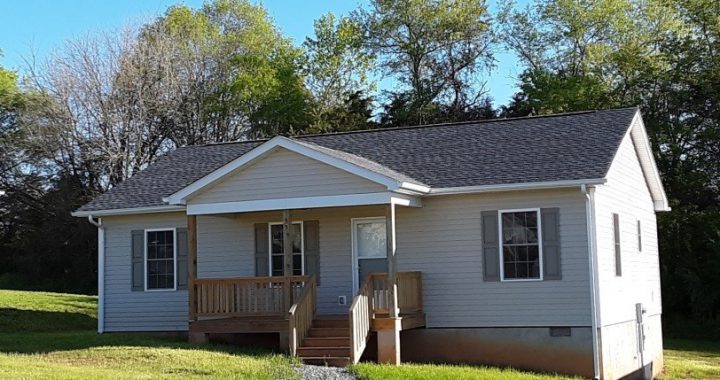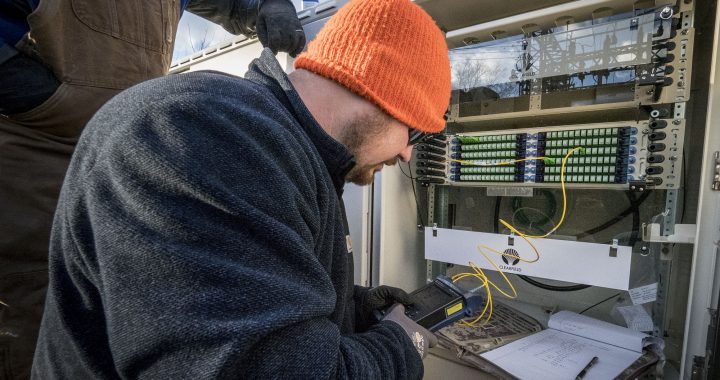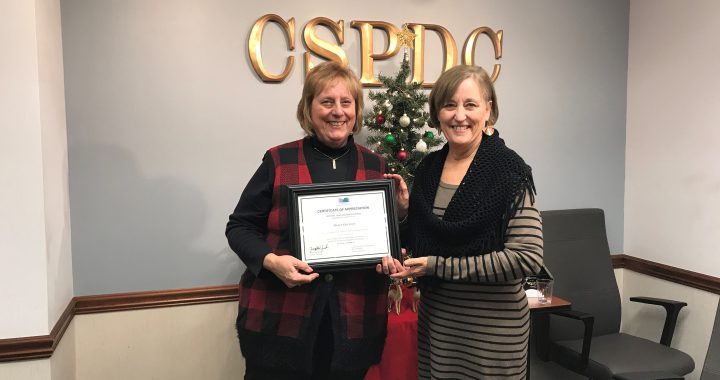The results of the 2020 Census will help determine how $675 billion dollars in federal funding flows into communities every year for the next decade. For every person who does not take the Census in Virginia, $2,000 a year for 10 years is not distributed to our local communities.
This year it is easier than ever to complete the Census because for the first time, it can be completed online, in addition to by phone and by mail. By April 1, 2020, every home will receive an invitation to participate.





